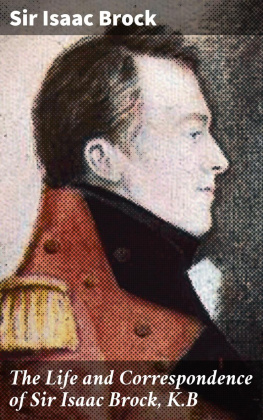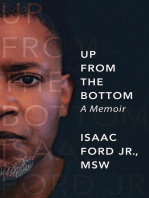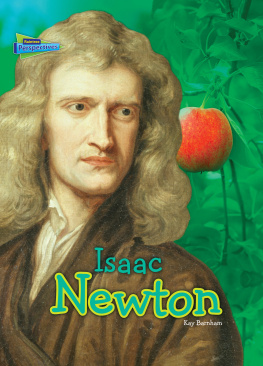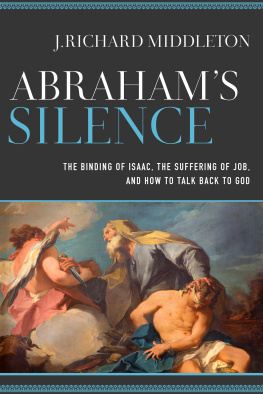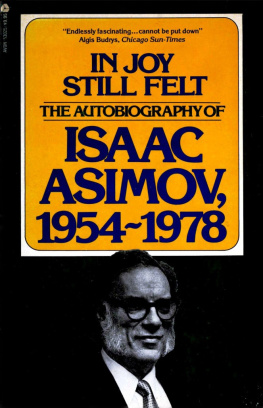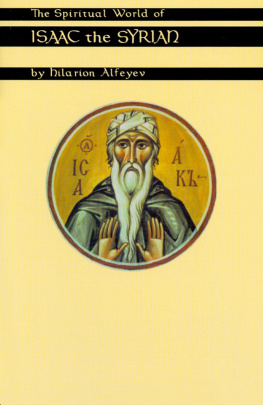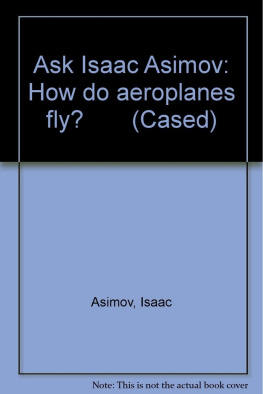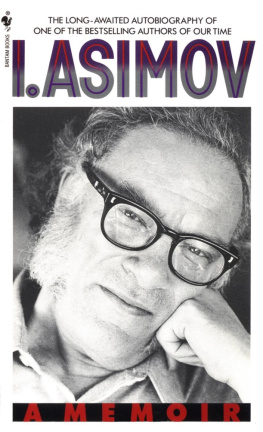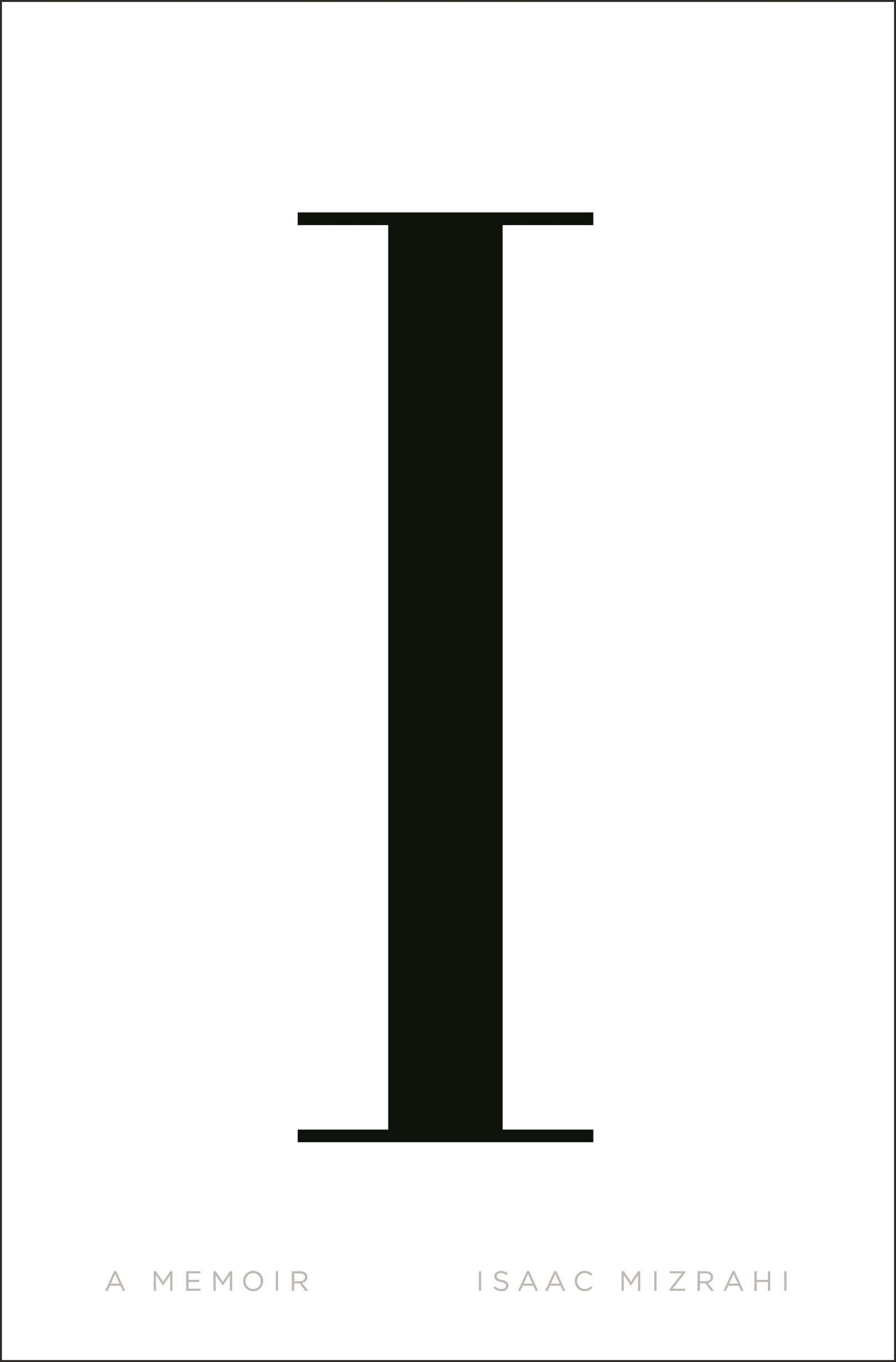The author and publisher have provided this e-book to you for your personal use only. You may not make this e-book publicly available in any way. Copyright infringement is against the law. If you believe the copy of this e-book you are reading infringes on the authors copyright, please notify the publisher at: us.macmillanusa.com/piracy.
Just wait until now becomes then. Youll see how happy we were.
At the start of the Orson Welles movie Citizen Kane, as Kane is dying in his wheelchair, he whispers Rosebud and the audience is left to piece together the significance of the word for the rest of the movie. When I saw it for the first time, I was in my early twenties, and I was reading a series of books called A History of Private Life, a recounting of civilization in three or four volumes. Each referenced the grand wars, monarchies, art, and politics that other history books focused on, but only as placeholders for what were the real make-or-break major events of history: the stories about the daily lives of slaves and citizens and how they lived, the food they ate, their bathing rituals; the undisciplined sexual habits of the Byzantine court; the heights of beds in Renaissance Italy and what they were made of; etc. So. My ideas about memory, what matters, what to chronicle, were formed largely by that Rosebud moment, and further fixed in my psyche by those books, a powerful duo of influences.
Once the hurdles of insecurity were jumped, once I was convinced it was the right time for my story to be told, I started the task of editing the events of my life, making lists and putting stories in order, comparing the big headlines with the tiny little items. Not ever having been one to revel, its the tiny things that make me happy more than any great accomplishment or glamourous acquisition or celebration. When I was thirteen my mother gave me Colette to reada book called Earthly Paradise, which had lots in it about sensual pleasures. I guess I took it very much to heart. That combined with my natal astrological chart, Libra with a Virgo ascendant, makes me obsessive about creature comforts. What I eat for breakfast often carries more weight than an artistic inspiration or some kind of big achievement. (I now understand why old people are so obsessed with food. I know people in their eighties who talk about their preference for a certain brand of cottage cheese the way JFK talked about Cuba. I, too, am now obsessive with my dietary preferences, and those musings are, more and more, the centerpieces of my conversation.) And so after a great, long meditation, I began this book with the idea to memorialize the tiny day-to-day rituals, even at the cost of leaving out great chunks of my career trajectory. For example, I was much more inclined to remember the long melancholic walks I took in the environs of the Guggenheim Museum during the breaks from rehearsals of Peter and the Wolf than the opening night of the show itself.
Through the writing and rewriting of this book I realized I had to sacrifice a few things for shape. After all, a book that hangs together, thats meaningful in some way, is my ultimate goal, and getting sidetracked helps no one. So I edited. But what I hated losing were the tiny things, the day-to-day history of my own private life. And thus, I worry: Did I miss it? The minutiae? So many microhistories have had such a huge impact on the experience of my life. For instance:
The pages about swimming, which I have done at the same pool for the past thirty-five years. The minifrittata I ate for breakfast afterwards at a place called Good and Plenty To Go, a small catering facility up the block from the pool. Most mornings of my life I sat at one of the three outdoor tables, dreaming, planning, brooding, freezing my ass off in February, and sweating through my clothes in August. When it closed seven years ago, my heart broke. Had I died around that time, the last words on my lips would surely have been mini zucchini frittata, thus throwing my personal history, and those who survived me, into a quagmire.
An in-depth description of the years I spent riding the subway before completely swearing it off. The size of subway tokens and how they changed. What subway tokens actually were; I worry theres a whole upcoming generation who might shrug their shoulders. And especially how I mistrusted MetroCards. (Id have sworn some elfin subway-riding thief was depleting my MetroCard when I was least aware.)
Our first and only family dog, called Pom Pom, who got the shaft in draft two of this book. He was an apricot standard poodle that my mother acquired sometime in the late sixties. She kept him meticulously groomed, down to his pink-polished claws and topiary cut, and he inspired a collection of topiary fur coats I did in 2008which I hired a poodle groomer to execute.
Stories about travel that will never see the light of day; trips I took and loved before I started to hate traveling. And not descriptions of the romantic gondola rides in Venice, or fabulous dinners in Marseilles, or gardens in Kyoto where I had more than one revelation. No, these were writings about squalid airplane-seat upholstery; meals eaten on the fly at a Wolfgang Puck concession in a certain Midwest airport I frequented; extraordinary linen sheets in a very ordinary pensione in Florence; and the habits and signals of cruising parks in London and Milan.
And what of smoking? How I loved smoking. How it made me feel like Greta Garbo, and how attached I was to the accoutrement. Details about my favorite ashtray and the jeweled lighter I found with my dear friend Lisa Eisner at the Rose Bowl Flea Market in Pasadena, which led to the design of a costume in an opera I directed in St. Louis. And how I gave up smoking cold turkey fifteen years ago after nearly thirty years of being a slave to the filthy habit.
Not to mention the house in Bridgehampton Ive occupied for the past twenty-eight years, which has been redone twice but still has the same view from my bathroom of a small oak tree I planted when I got the house. And how I love that tree like a human soul, and how it almost died in one of the renovations. And how it survived. And how each spring to this day I still hold my breath till I perceive the tiny buds of new growth. That house is filled with so much secret historya volume of its own.
Shouldnt this book allude at least once to the fact that Ive done the New York Times crossword puzzle literally every single day of my life since my first year in high school? Isnt that an important feature of my life? Enough so that the name Eugene T. Maleska or Will Shortz might pass my lips as I quietly expire in my wheelchair, dropping a snow globe that crashes to the floor.
Im afraid some of these microscopic details were cut in favor of a propulsive, gripping story. These little memories that remain, like matches that burn your fingers even after theyre blown out; after all my editing, re-editing, cutting, and restoring, much as I thought I might be able to control posterity, I fear for those dear little private facts. All these details will, as my husband, Arnold, is fond of saying, go to dust.
I was five years old, lingering at the Avenue U Variety Store, staring. My mother took me there a lot when she went shopping for household things. I made sure she saw me pining there in the toy aisle.


